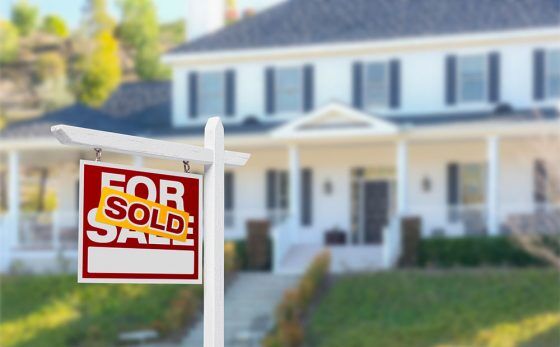
As recreational marijuana sales ramp up throughout California’s Bay Area, could the newly legal drug end up creating an unexpected type of high — in the real estate market?
Researchers looking at the impact of legalized recreational marijuana on Denver’s home prices found a surprising trend: dispensaries that began selling recreational marijuana had a “large positive impact on neighboring property values.”
After recreational sales became legal, houses close to a participating dispensary saw their value increase more than 8 percent relative to homes located slightly farther away, the study found. It’s a small study based on data from only one metro area, but the research — the first of its kind — could provide an important glimpse into the potential impact of legalization.
“We went into the project and we weren’t really sure what to expect,” said James Conklin a real estate professor at the University of Georgia who co-authored the paper called “Contact High: The External Effects of Retail Marijuana Establishments on House Prices” last summer. “We thought maybe there would be a negative impact. I think our takeaway after working on the project was that we don’t see a negative effect — we do see results point to a positive effect.”
Conklin and his co-authors found that after recreational marijuana sales became legal in Denver at the beginning of 2014, single-family homes located near dispensaries saw their values go up. Homes within 0.1 miles of a dispensary saw gains of 8.4 percent relative to houses located between 0.1 and 0.25 miles away.
These weren’t new dispensaries — they were existing medical marijuana dispensaries that expanded to recreational sales when it became legal.
That study isn’t the first to indicate a correlation between rising home prices and the legalization of recreational marijuana, but its authors say it’s the first to do so at a highly localized level. A similar report written by two University of Mississippi professors and real estate information company FNC found legalization leads to an average 6 percent increase in housing values in Colorado. That paper, called “The Effect of Legalizing Retail Marijuana on Housing Values: Evidence from Colorado,” compared property gains in municipalities that adopted recreational use to those that didn’t.
And realtor.com found that since the first recreational pot shops opened in Colorado on Jan. 1, 2014, the median home price in the state jumped from $248,000 in the first half of 2014 to $298,000 in the first half of 2016. That’s partially attributable to the state’s population increasing almost 2 percent during that time period, the researchers say, but they also claim more home buyers are relocating there from out-of-state because of the law change.
Conklin and his co-authors did not claim to know why recreational marijuana might increase home values, but they theorized it could be because legalization led to a surge in housing demand prompted by marijuana-related jobs, lower crime rates or the clustering of other amenities near dispensaries. They cautioned that other cities might not experience the same impact.
Rick Smith, president of the Santa Clara County Association of Realtors, said he was “flabbergasted” by the Colorado study. Dispensaries are prohibited from being too close to neighborhood schools, he said, adding: “Typically things that have those types of restrictions do not advance home values.”
Oakland-based realtor Kerri Naslund-Monday said she’s seen commercial property values rise in Oakland, where marijuana growers are snapping up spaces. But she doesn’t expect residential home values to catch that buzz.
“The demand here is so high already,” she said, “even without that element, that I don’t foresee it causing too much of an effect that could be measured.”



